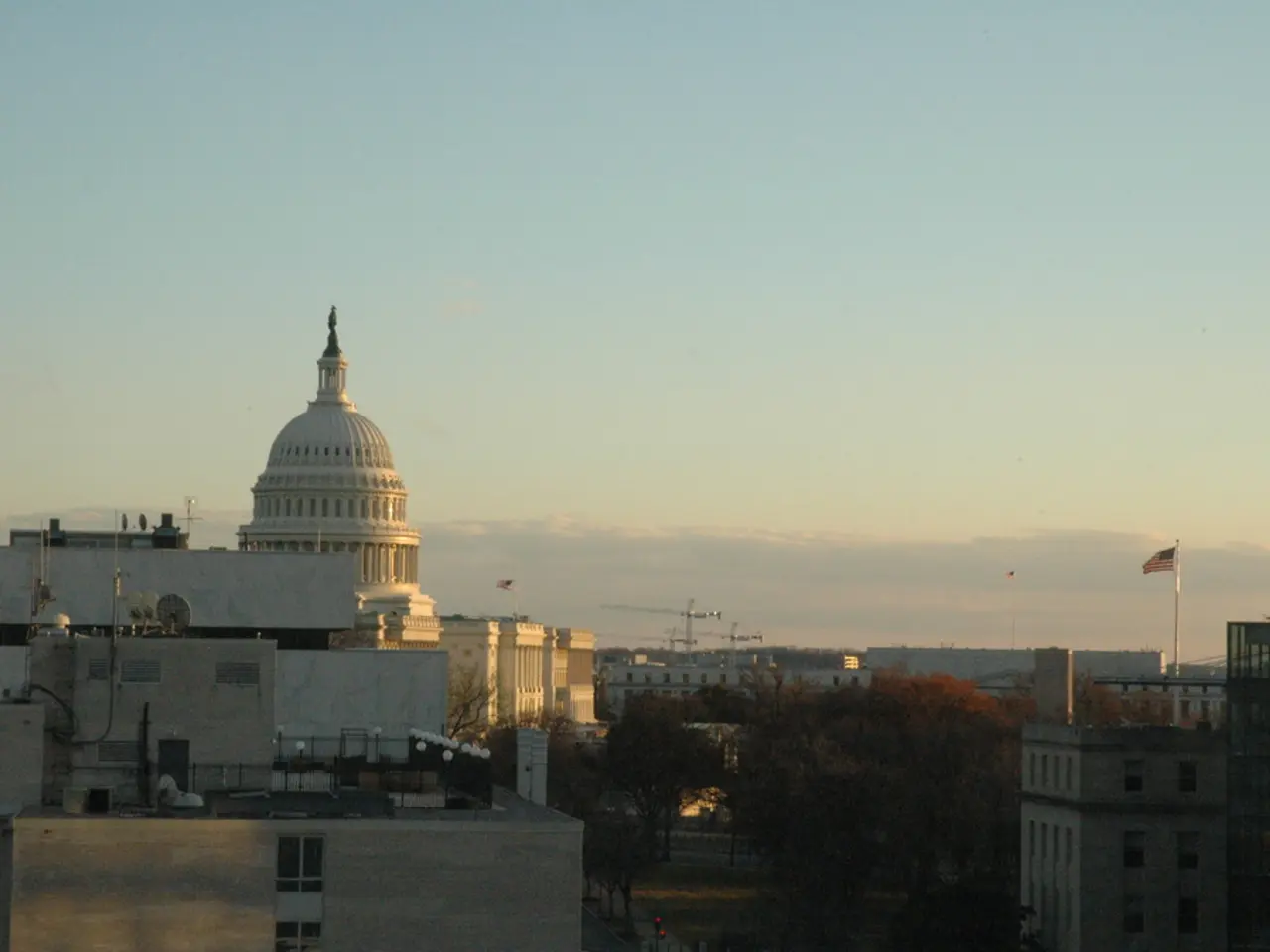Potential Increase in Taxes for Second Home Owners Looming on the Horizon
France is taking steps to balance its tourist and residential housing market by implementing fiscal tools and regulations. These measures aim to curb the number of secondary residences, particularly in sought-after destinations by the sea, in the mountains, or within major metropolises.
From 2025, property owners with secondary residences will need to declare their properties in their income tax returns, providing details such as ownership and location. This new "rental of a secondary residence" framework can potentially curb the rise of tourist accommodations, as seen on Oléron Island, where 62% of properties are secondary residences. In response, Oléron Island is offering financial incentives of up to €10,000 to encourage landlords to shift towards long-term rentals.
Similarly, Les Sables d'Olonne (Vendée) is taking steps to maintain a balance between tourist and long-term rentals. To prevent the annual rental market from being overwhelmed, the city is offering favorable aid to property owners who convert their tourist properties into long-term rentals. This initiative has led to 461 properties being converted without the need for new residences.
The challenge remains in addressing property owners who amassmultiple properties for rental income purposes, rather than occupying them themselves. In dense tourist areas such as Paris, Nice, and the Alps, this practice is contributing to an overflow of secondary residences, potentially rendering thousands homeless.
The taxation of abusive tourist secondary residences has been tightened, but further action is required. Cities may consider implementing zoning regulations, imposing higher taxes on short-term rentals, incentivizing long-term leases, or engaging local communities in planning and decision-making processes. These measures can help strike a balance between tourism and the needs of long-term residents.
- The proposed zoning regulations in densely tourist areas like Paris, Nice, and the Alps may seek to limit the number of secondary residences owned by those investing solely for rental income.
- In the realm of wealth management and personal finance, the French government could explore investment opportunities in real-estate aimed at long-term rentals to balance the housing market.
- As policy-and-legislation evolves, politicians might consider imposing higher taxes on short-term rentals to discourage property owners from acquiring multiple secondary residences and prioritizing long-term leases instead.
- General news coverage should focus on the potential impact of these new housing policies on both the tourism industry and the long-term residents of France, ensuring a comprehensive understanding of both sectors' needs and challenges.




